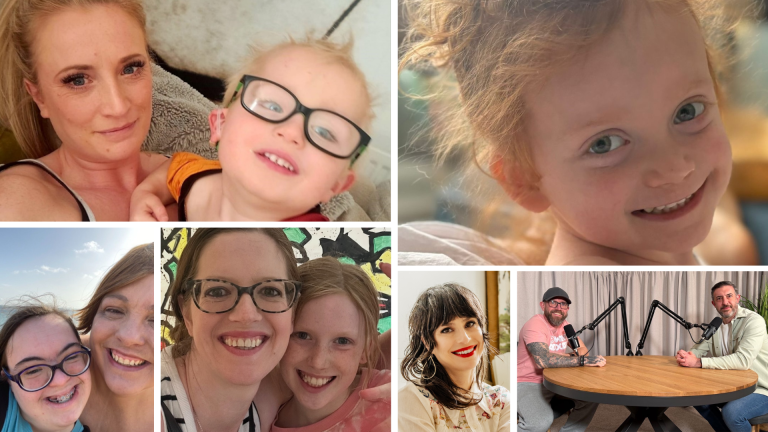Charities and campaigners have long called for an end to the two-child limit, which is considered “one of the cruellest welfare policies of the last decade”. Labour is also refusing to scrap the policy.
So let’s fact check it. Is Sunak right in saying his government has reduced child poverty? Well, it depends what measure you use.
There were 4.3 million children living in poverty in 2022 to 2023, according to official government statistics. This is 100,000 more than in the previous year and nearly one in three children.
By comparison, there were 3.6 million children in poverty in 2010/11. That means 600,000 more children are in poverty now than there were when the Conservatives came to power.
But Sunak is referring to absolute child poverty, which is when a person or household does not have the minimum amount of income needed to meet the minimum living requirements.
And technically, he’s right on this front. Absolute poverty fell by 1.1 million between 2009/10 and 2022/23. But absolute poverty normally falls, and this is no where near the falls we have seen historically. In the previous 13-year period, absolute poverty fell by 7.8 million.
Advertising helps fund Big Issue’s mission to end poverty
Absolute child poverty actually rose this year, when Rishi Sunak was prime minister, by two percentage points on the previous year from 23% to 25%. This is the worst increase since 1981, and represents an additional 300,000 kids in poverty.
So what do the Tories plan on doing to help kids? It’s announced an expansion to child benefit payments, but that is most likely to benefit high earners.
Parents earning six-figure salaries could be able to keep some or all of their child benefit payments. The Conservatives would increase the income threshold at which a household starts to lose their child benefits from £60,000 to £120,000.
This would gradually be increased to £160,000. The manifesto claims around 700,000 families would benefit and it would save them nearly £1,500 on average.
Tom Waters, associate director of the Institute for Fiscal Studies, told the BBC: “At that point, one has to ask whether it’s really worth having the additional administrative apparatus, rather than simply returning child benefit to being universal, as it always was before 2013.”
Sunak also reiterated previously-announced plans to give working parents 30 hours of free childcare a week from when their child is nine months old to when they start school, saving eligible families an average of £6,900 per year.
Advertising helps fund Big Issue’s mission to end poverty
Yet as the Big Issue has previously reported, children whose parents earn less than £8,650 each are not eligible for the scheme and will miss out on key opportunities for development.
Few of the poorest families will be eligible for the full 30 hours free childcare offer, analysis from the New Economics Foundation shows. By comparison, the majority of middle and higher income households will benefit.
Dan Paskins, interim director of policy, advocacy and campaigns for Save the Children UK, said: “Being a ‘party of the family’ should mean a fair focus on the very poorest and those struggling in this country.
“The Conservative party’s manifesto highlighted positive changes on child benefit and childcare but reforms need to be more ambitious. It’s a fact that 4.3 million children are still in poverty. All political parties must make a hopeful offer for children at this general election.”
Do you have a story to tell or opinions to share about this? We want to hear from you. Get in touch and tell us more.









